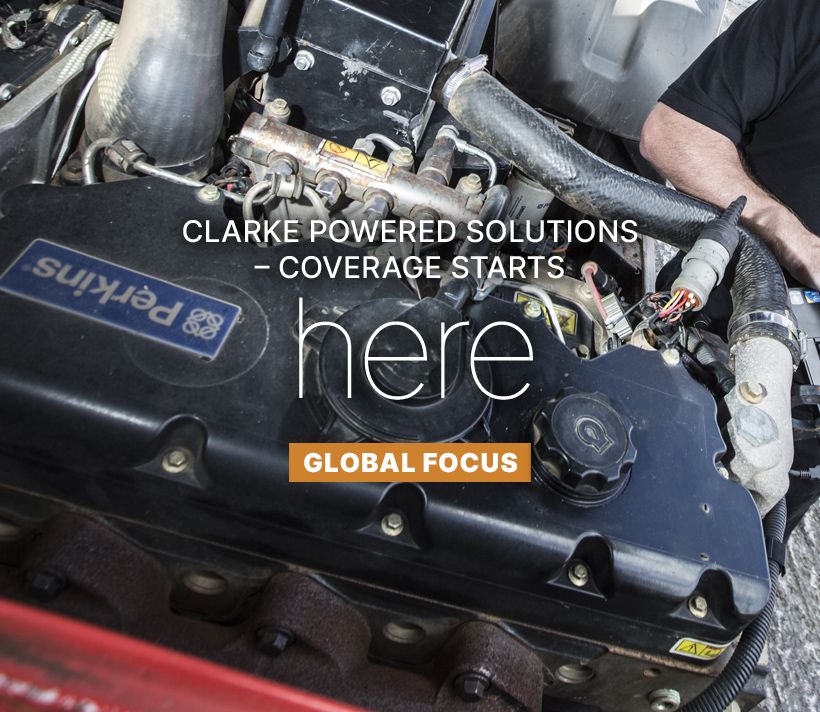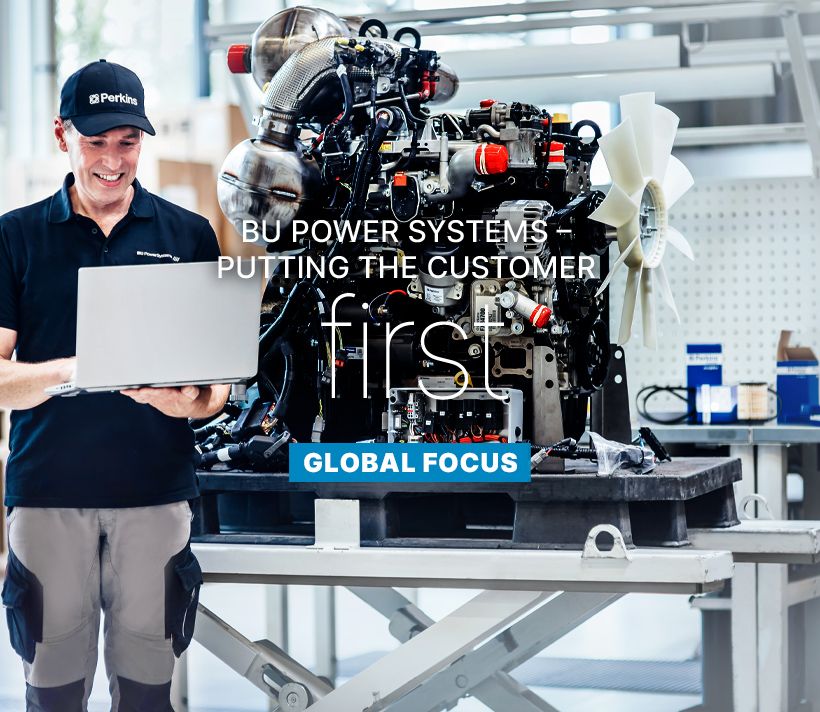Most knowledgeable hikers, backpackers and wilderness campers carry a water filter because they know that even the most pristine mountain stream, flowing brook or spring can be contaminated with pathogens and toxic particulates. The filter is there to ensure that an idyllic day enjoying nature doesn’t turn into a painful nightmare or worse.
Your Perkins diesel engine is equipped with oil, air and fuel filters for much the same reason, to protect it from damage by contaminants and keep it operating efficiently. Filters are small, inexpensive and easily overlooked, but not using the correct filters and changing them on schedule can have very costly consequences.
Whether your engine is a Perkins engine, or some other brand, using the wrong filter to protect your engine can be a very expensive mistake. So can ignoring the manufacturer’s recommended filter change intervals based on running hours or time since the last change.
Filters collect contaminants and if the particulate size of the filter is not correct, damaging particles can pass through the filter and reach precision components causing wear, leading to loss of performance or even costly failures.
If your engine is maintained by an authorised Perkins distributor as part of a Perkins® Hypercare plan, you can be assured that genuine Perkins filters will be installed and maintained on an appropriate schedule. They are specifically designed to provide maximum protection to Perkins engines.
Here are some things to consider when selecting and using diesel engine filters.
Every moving part inside your engine comes into contact with engine oil and depends on it for proper lubrication. Contaminated oil quickly leads to excessive wear, loss of performance and ultimately to premature failure.
For optimum performance spin-on oil filters have both an anti-drain back valve and a bypass valve. The anti-drain back valve makes sure that filtered oil is available as soon as the engine starts, by keeping the filter canister full.
The bypass valve ensures that oil can bypass the filter at extreme pressures such as engine start up, but oil is filtered at normal operating pressures. Weak bypass valves can open at normal operating pressures allowing particles to circulate and cause further damage.
Canister quality and, particularly, efficient end sealing are also very important. Leakage of oil through end seal gaps can lead to unfiltered oil flowing around the engine. Low quality steel spin-on filters, and poor seals can lead to external leaks and loss of oil.
Air filters are simple, inexpensive, easy to change and should not be overlooked during routine maintenance, because the protection they provide is every bit as important as that provided by the oil and fuel filters. Contaminated combustion air can cause wear and damage to pistons, rings, cylinder liners and, where present, turbochargers, which in turn affects the performance of the engine’s emissions control system and reduces fuel economy.
Because the air filter is removing debris from a large volume of air, and many machines are operated in dirty, dusty environments, the condition of the filter element should be checked regularly, even between scheduled maintenance intervals. Replacement is straightforward and easily accomplished.
Please note, the engine should be turned off when the filter is checked or changed because diesels produce a powerful suction that will pull anything nearby that is dropped or loose into the cold air collector box and directly into the engine.
All diesel fuels need to be filtered before they are used in your engine regardless of the source or how they were stored. Dirty fuel burns less efficiently, and minute dirt particles or other contaminants can damage high-pressure pumps and fuel injectors, all of which impact engine performance, fuel economy and emissions. Fuel filtration is so important that many modern electronically controlled engines from Perkins and other manufacturers use two tier filters to ensure the highest possible fuel quality.
Many Perkins engines are supplied with Perkins® Ecoplus fuel filters, which are constructed for optimum filtration. These design features mean the small particles—many times smaller than the width of a human hair—are efficiently captured, in the tough environment of a high-pressure fuel system.
As with air and oil filters, fuel filters need to be changed on a regular service schedule to maintain peak performance and maximise engine protection.
Finally, if environmental concerns are important to you, the Perkins Ecoplus line of filters offer a way to significantly reduce the amount of waste generated by fuel filter changes, while safeguarding your engine. You can find more information here.
The equipment powered by your Perkins diesel engine is a major investment, protecting your engine with genuine Perkins filters is one of the surest ways to maximise a return.
Share this story and get involved in the conversation on social media #Powernews
We caught up with the team to discover how they’ve positioned themselves for year-over-year growth.
Read moreRichard Bates, Perkins product lifecycle manager, explains why genuine Perkins parts use is so important.
Read moreCalling all would-be technicians and those looking to further develop their skills and knowledge in diesel engines, maintenance and equipment operation. Perkins has just launched a free online training programme to support your development and help you build your future career in the industry.
Read morePowernews caught up with BUPS distributor principal, Franz Focks, to learn more about its work with customers.
Read more





